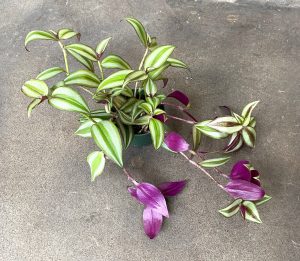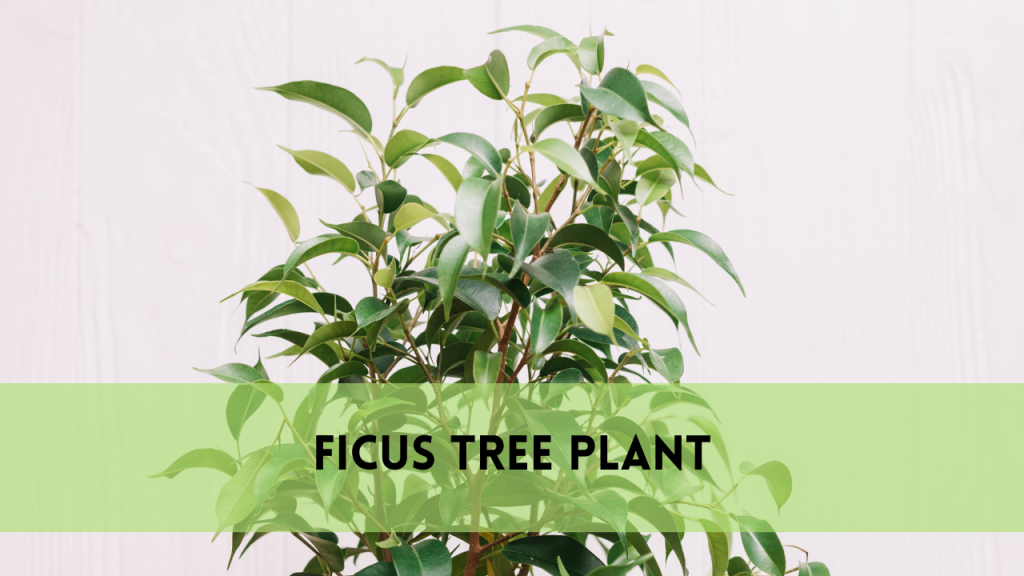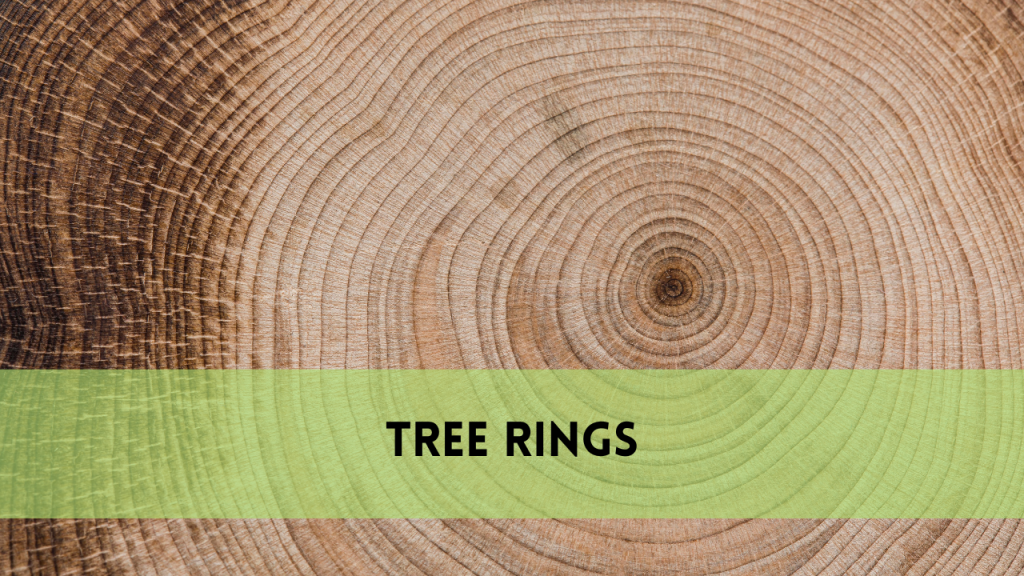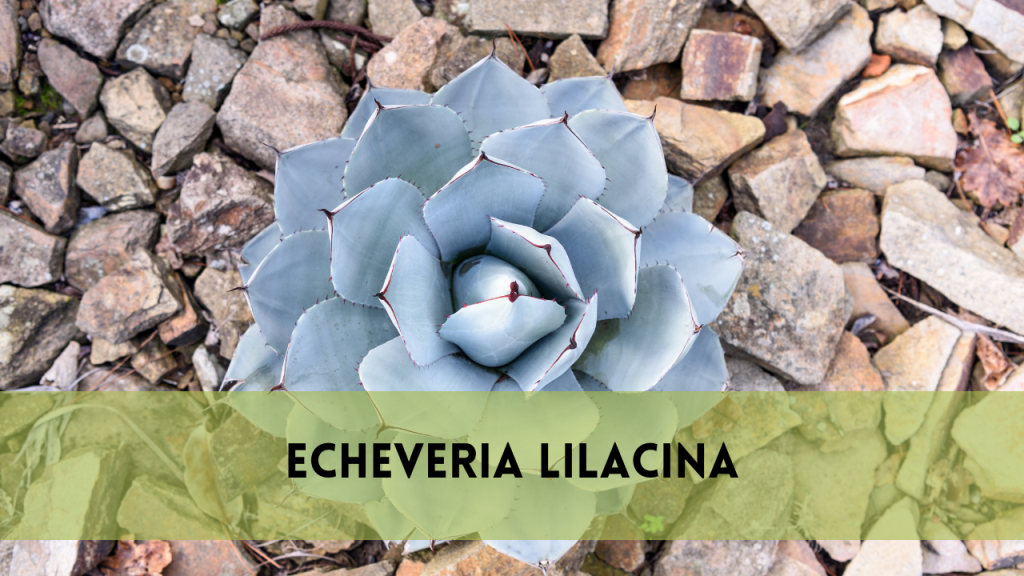Are wandering Jew plants toxic to cats?
Wandering Jew plants, also known as Tradescantia species, are attractive ornamental plants recognised for their colourful foliage and ease of care. However, are wandering Jew plants toxic to cats? This is an important topic for pet owners who want to ensure the safety of their feline pets around indoor and outdoor plants.
Are wandering Jewish plants toxic to cats?
Wandering jew plants
The Tradescantia genus includes several species of wandering Jew plants, including Tradescantia zebrina, Tradescantia pallida, and Tradescantia fluminensis. Trailing stems and unique leaves, often patterned with stripes or brilliant colours, distinguish these plants. Gardens and houseplants frequently display these plants due to their aesthetic appeal and endurance.
Cat Toxicity: Why Wandering Jew Plants Can Be Harmful.
Wandering Jew plants are toxic to cats and can constitute a considerable risk. These plants contain oxalate crystals, which, when chewed or consumed by cats, can cause irritation and inflammation in the mouth, throat, and digestive tract. Toxic symptoms may include drooling, vomiting, difficulty swallowing, and, in severe cases, swelling of the mouth and throat, which can cause breathing problems. These pointed crystals, which can harm tissues mechanically, are the main cause of toxicity. Cat owners must be aware of this potential hazard and take precautions to keep wandering jew plants out of reach of their cats or to choose safer, non-toxic plant alternatives to preserve their feline companions’ well-being. If ingestion is suspected, seek immediate veterinarian attention to reduce the danger of consequences.
When toxicity occurs,
Toxicity from wandering Jew plants occurs when cats gnaw on or consume plant pieces. This can happen indoors with potted plants or outdoors when plants are grown in gardens or landscapes. Cats, known for their curiosity and proclivity to explore their surroundings with their jaws, may unintentionally come into contact with roaming jew foliage. Owners should exercise caution, especially if they observe their cats exhibiting interest in or attempting to gnaw on these plants. Taking preventive precautions, such as keeping wandering Jew plants out of reach or switching to pet-safe substitutes, will help reduce the likelihood of poisoning events and safeguard the safety of your feline companions.
The symptoms of Wandering Jew Poisoning in cats can vary
Drooling, vomiting, and trouble swallowing are symptoms of wandering Jew poisoning in cats that often appear soon after intake. Cats may exhibit oral discomfort, such as pawing at their mouths or excessive licking. In more severe cases, the mouth, tongue, or throat may enlarge, making breathing difficult. Owners must recognise the signs of their cat’s exposure to wandering Jew plants promptly and seek veterinary attention. Early action can help reduce poisoning effects and prevent complications that could jeopardise the cat’s health.
What to Do If Ingestion Occurs?
Take immediate action to ensure your cat’s safety if they consume wandering Jew plants. To avoid future ingestion, begin by removing any residual plant debris from their mouth. Contact your veterinarian immediately for advice, explaining the symptoms and potential exposure. They may urge you to keep an eye for any new symptoms in your cat or bring them in for an inspection.
While waiting for veterinary help, do not try to induce vomiting unless directed to do so by a specialist, as this might aggravate certain types of plant poisoning. Provide your cat with fresh water to drink, and closely monitor their behaviour for any alterations. Quick action and skilled veterinarian care can significantly improve your cat’s prognosis and reduce the negative effects of wandering jew plant toxicity on its health.
Related Posts:
Managing Wandering Jew Plants Around Cats:
Prevention and Safety Measures
To keep your cats safe among wandering jew plants, consider the following measures:
Placement: Keep wandering jew plants out of cats’ reach by placing them in areas that pets cannot access or hanging them in baskets.
Education: Inform yourself and others in your household about the potential hazards of these plants for cats.
Alternative Plants: If you love greenery in your house, select cat-friendly plants that are non-toxic and pet-safe.
Safe alternatives to wandering jew plants for cat owners
If you’re looking for cat-friendly plants to replace wandering jew plants, check out these non-toxic and pet-safe options
The spider plant (Chlorophytum comosum): The spider plant, known for its air-purifying abilities and gorgeous, arching leaves, is both cat-safe and easy to care for.
Boston fern (Nephrolepis exaltata): This luxuriant, feathery fern is non-toxic to cats and offers a touch of greenery to any room.
Areca palms (Dypsis lutescens): The areca palm’s beautiful fronds make it a pet-friendly indoor plant.
Parlour Palm (Chamaedorea elegans): This is a low-maintenance, cat-friendly palm that thrives in indoor situations.
Calathea: Calathea plants, known for their beautifully patterned leaves, are cat-friendly and bring beauty to any home.
Ponytail Palm (Beaucarnea recurvata): Despite its name, this plant is not a genuine palm, but it is cat-friendly and has a unique, whimsical appearance.
Bamboo Palm (Chamaedorea seifrizii): This is a pet-friendly choice for adding a tropical atmosphere to your indoor garden.
Baby Rubber Plant (Peperomia obtusifolia): This compact, low-maintenance plant has lovely, glossy leaves and is safe for cats.
By selecting these cat-friendly plants, you can provide a safe and green environment for your feline pals without sacrificing beauty.
FAQS
Are all types of wandering Jew plants hazardous to cats?
Yes, the majority of wandering jew plants, including Tradescantia zebrina, Tradescantia pallida, and Tradescantia fluminensis, contain toxic chemicals that can injure cats if consumed.
Are there any safe alternatives to wandering Jew plants for cats?
Yes, you can cultivate many non-toxic plants both indoors and outdoors where cats wander. To create a pet-friendly environment, consult your veterinarian or look into cat-safe plant selections.
What do I do if my cat consumes wandering Jew plants?
Remove any residual plant material from your cat’s mouth right away, consult your veterinarian, and keep an eye out for signs. Prompt veterinarian care is critical to avoiding potential problems.
Conclusion
Cat owners should be aware that wandering Jew plants, despite their beauty and ease of care, may pose a risk to their feline companions. By taking precautions and learning how to respond in the event of ingestion, you can provide a safe environment for your pets while enjoying these plants in your home or garden.




